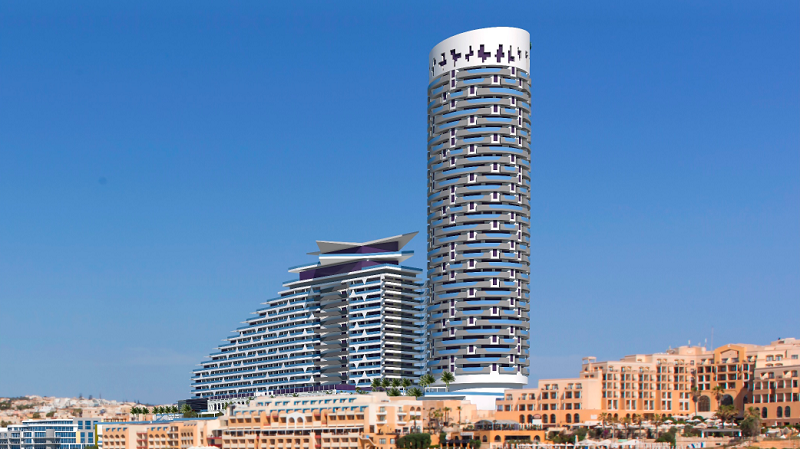The Planning Authority’s recent approval of the permit for the DB project in St George’s Bay was a sobering moment. The decision was a loss on many fronts, the most obvious being the environment. But simply complaining about the approval of the permit on the basis that this is detrimental to the environment does not do justice to the many other issues that emerge once the surface is scratched.
Joseph Muscat has long been saying he wanted to turn Malta into the next Singapore or Dubai. But the kind of economic boom Malta is experiencing comes at a price – the deterioriation of living standards for citizens, the economic disparity between rich and poor, and the erosion of political freedoms.
Following the PA’s approval at all cost – private jet, conflicts of interest and all – reactions ranged from passive shock and helplessness, to anger to a tragic lack of surprise. Even Labour politicians dissented.
Interestingly, the environment seems to be a unique sphere in that it draws the ire of citizens who don’t usually like the idea of ‘being political’ – defending open spaces and the presence of trees can’t be ‘political’… and yet everything is.
If trees aren’t political, the bodies that regulate the environment and construction are. Criticism thus becomes structured in such a way that decries the butchering of trees but stops short of scrutinising the political structures allowing it.
That there is petty partisan bickering is no surprise, but engaging in politics critically, even if with a bias, is not petty. Refusing to tackle political issues means that more space is left for the same pettiness everybody loves to hate.
Standing up for any cause requires one to take a public stance, or in other words, a political one (not to be confused with pledging allegiance to a political party). The mentality that taking a stand means serving either political party must stop.
The alternative many seem to fall back on – attacking ‘both parties’ – is scarcely a replacement for fighting for a cause. Not only does this distract from the issue, but it is normally delivered in such a way that portrays the opposition to be as strong as the government.
A glance at the polls suggests otherwise – not to mention the fact that the Executive is obviously more powerful. It is the government that has the power to take decisions, and it is that power that must be held to account.
What happened at the PA is not just about the environment any more; it is about people’s right to due process and good governance being appropriated to be replaced with pseudo-institutional control. It wasn’t the established institutions that brought this about, but individuals who exercised their power to suit their purpose.
Kevin Aquilina, the Dean of the Faculty of Law at the University of Malta, had criticised the MEPA demerger. The weaknesses of the new legislation he had outlined included convoluted drafting, appeals being allowed on point of fact (not just point of law), and most importantly, a whole lot of powers being centralised.
These included the direct appointment of more Board members, and the ability to dismiss tribunal members without any due process. In 2015, Aquilina had said “MEPA is nothing more than a glorified government department when compared to the independent status it originally enjoyed in 1992.”
Today, it’s far worse, and it’s not because the warnings weren’t there. The government steam-rolled over concerns with empty promises.
There is a pattern. Power is centralised and it is becoming ever more evident that the only person being served is the Labour Party. Benefit comes only to those who are loyal to it. The causes of environmentalism and others are residual and lacking. But each of the people’s causes has one thing in common: democracy, which is the biggest loser in all this. The voice of citizens is being drowned out.
European liberal democracy is founded on the premise that people in power shouldn’t be trusted. This is the greatest case for the necessity of checks and balances on power.
To fight for a cause make sure that you have a shot at winning, and that’s by checking that nobody messed around with the rules. In this respect, environmentalism requires more than objections and decrying trees being chopped.












